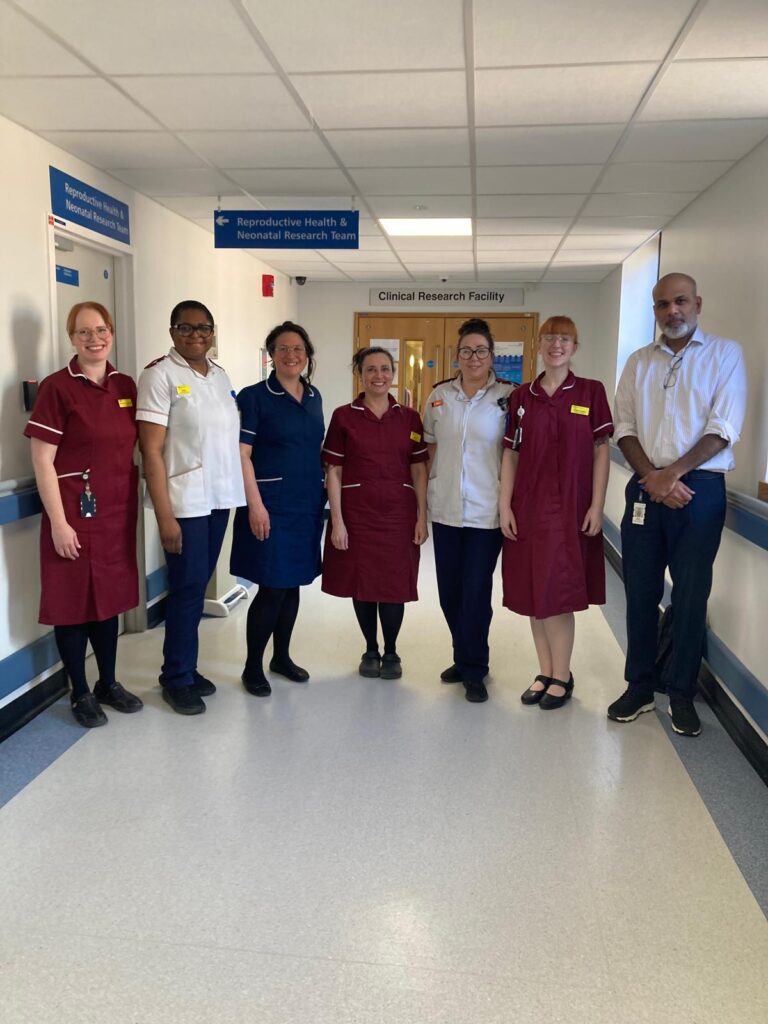Newborn babies will be offered testing for over 200 rare genetic conditions as part of a world-leading study in NHS hospitals, including at Newcastle’s Royal Victoria Infirmary.
The Generation Study, led by Genomics England in partnership with NHS England, will use a blood sample taken from the umbilical cord shortly after birth to test for a range of conditions.
The body’s instruction manual
A rare disease is defined as a condition which affects less than one in 2,000 people. Eight out of ten rare conditions are genetic, caused by a problem with a gene or genes in the body.
Each cell in the body contains DNA which instructs how the body grows and develops. It contains information unique to an individual and defines features such as height and eye colour, and how organs function. The entire set of DNA from one end to another is called a genome.
As part of the Generation Study, a process called whole genome sequencing (WGS) will be carried out on the collected blood sample.
WGS generates information on the entire set of DNA. A machine reads the codes that make up DNA to identify variations or differences that could indicate a disease or condition.
WGS is currently offered on the NHS for seriously ill children with a suspected rare genetic disorder, all children with cancer, and adults suffering from certain conditions or cancers.

Find and treat rare conditions
In Newcastle, the study is being led by Dr Naveen Athiraman, consultant in neonatal paediatrics at Newcastle Hospitals, and the trust’s reproductive health and neonatal research team. He said:
“The Generation study will identify more than 200 conditions that might not have symptoms until later in childhood.
“By identifying these conditions, we can treat babies as soon as possible, making sure families have the right support, monitoring, and treatment much earlier on.
“Treating these conditions will hopefully reduce the risk of longer-term health problems and help children live healthier lives into adulthood.”
Conditions tested for include those that affect the immune system, blood or growth and development, such as cystic fibrosis, early onset osteoporosis, and haemophilia (a condition where the blood doesn’t clot properly).
These conditions usually appear in the first few years of life, can be improved if caught early, and are treated through the NHS in England.
What is involved?
Parents will be asked if they would like their baby to take part in the study. If so, a blood sample will be taken and sent to a laboratory for whole genome sequencing.
Results are then reviewed by NHS genomic scientists, with the aim of sharing with parents within 28 days if a condition is suspected or within a few months if no conditions are suspected.
If a newborn baby is identified as having a treatable childhood condition through the genome sequencing, families and carers will be provided with further NHS testing to confirm a diagnosis, and ongoing support and treatment from the NHS.
To find out more about the trial, email [email protected] or call 0191 282 9269.
